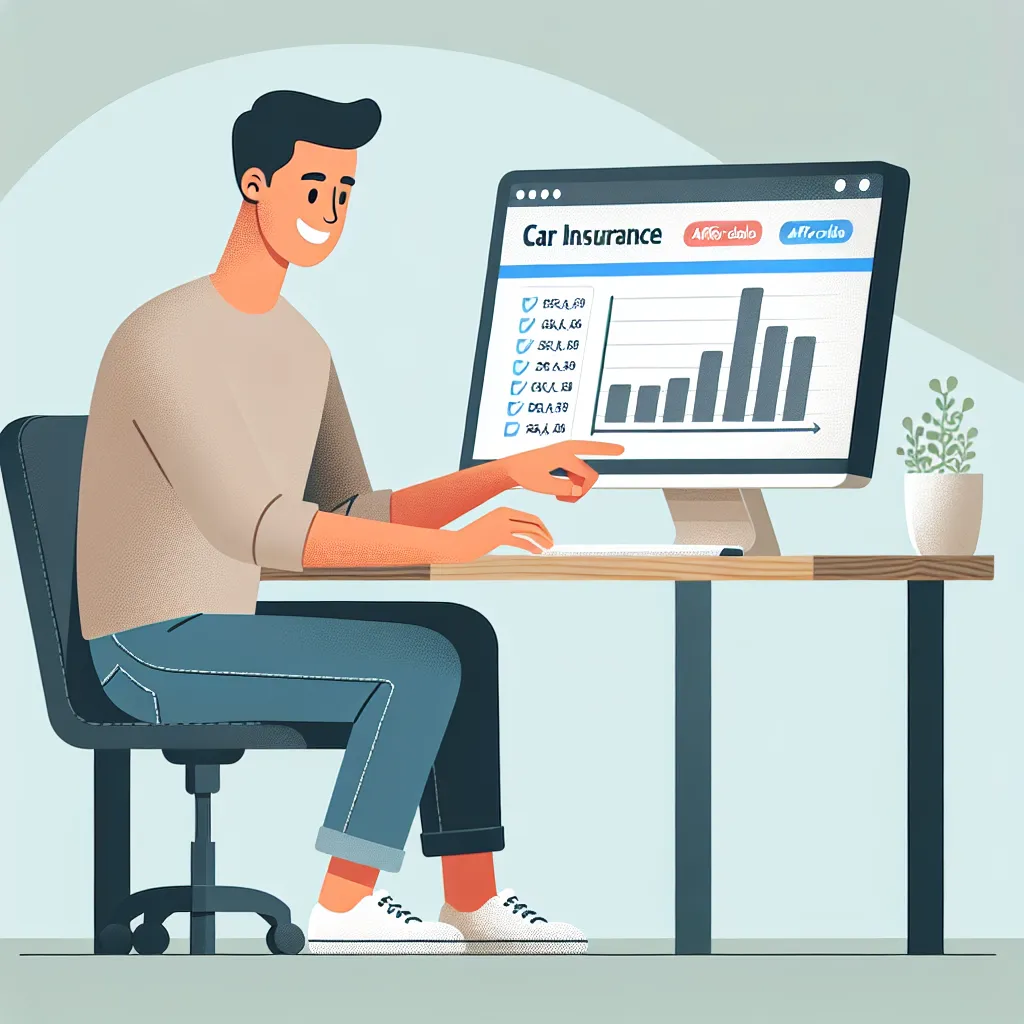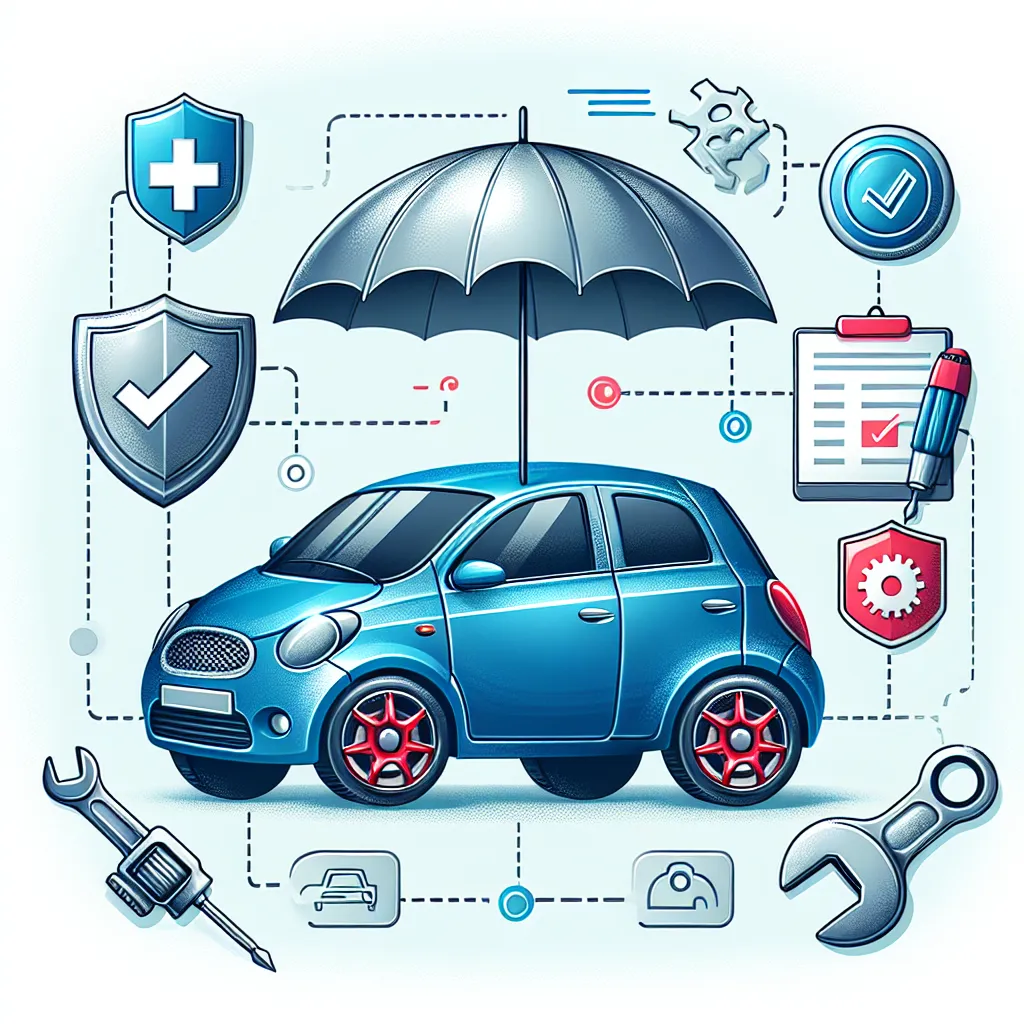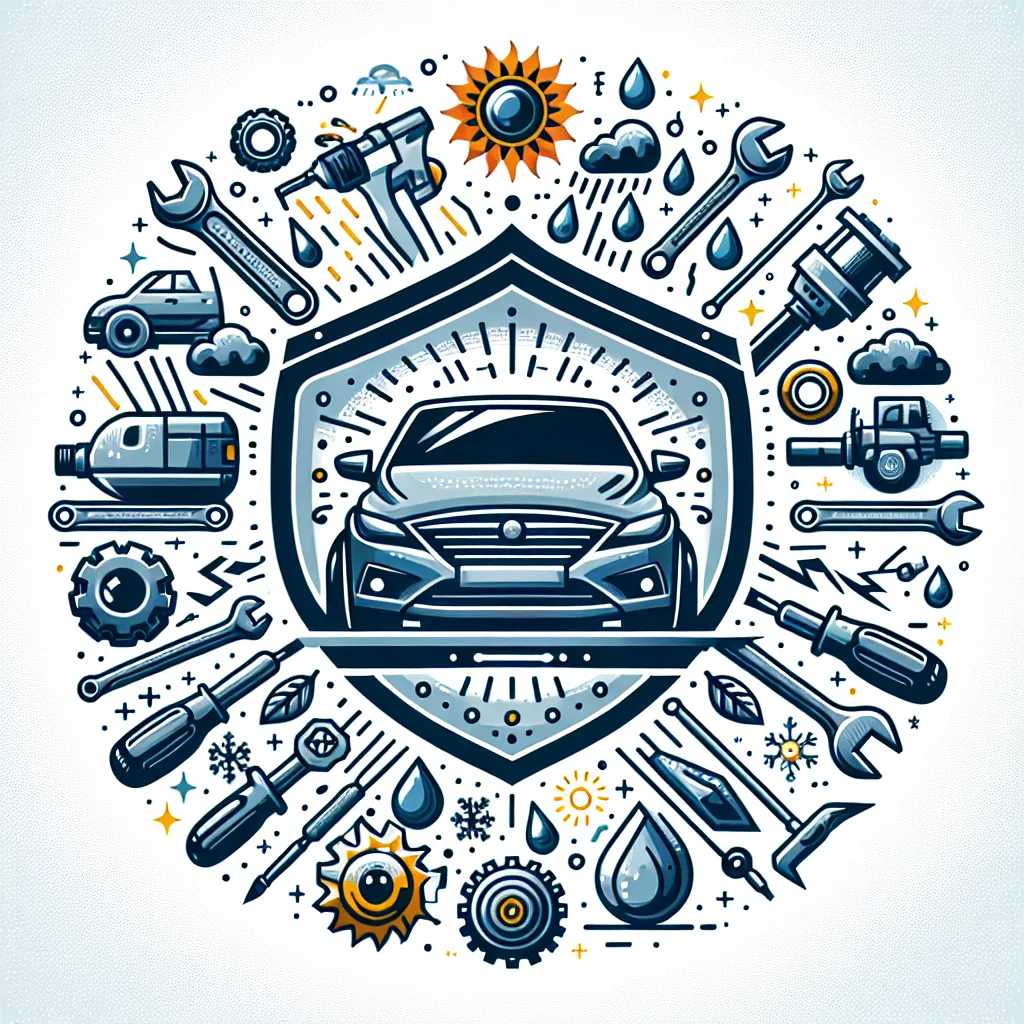Category: Auto Insurance
-
Smart Tips for Finding Affordable Auto Insurance

Discover how to get low cost auto insurance quotes that save you money without sacrificing coverage. Learn tips, examples, and key strategies here. Read more
-
Unlock the Best Deals on Affordable Car Insurance

Discover how to find affordable car insurance that offers great coverage, discounts, and peace of mind without breaking the bank. Read more
-
Understanding Full Coverage Car Insurance for Better Protection

Discover what full coverage car insurance truly covers, its benefits, costs, and how to choose the right policy for your needs. Read more
-
Understanding Auto Insurance Full Coverage for Better Protection

Discover what auto insurance full coverage includes, its benefits, costs, and how to choose the right policy for your needs. Read more






